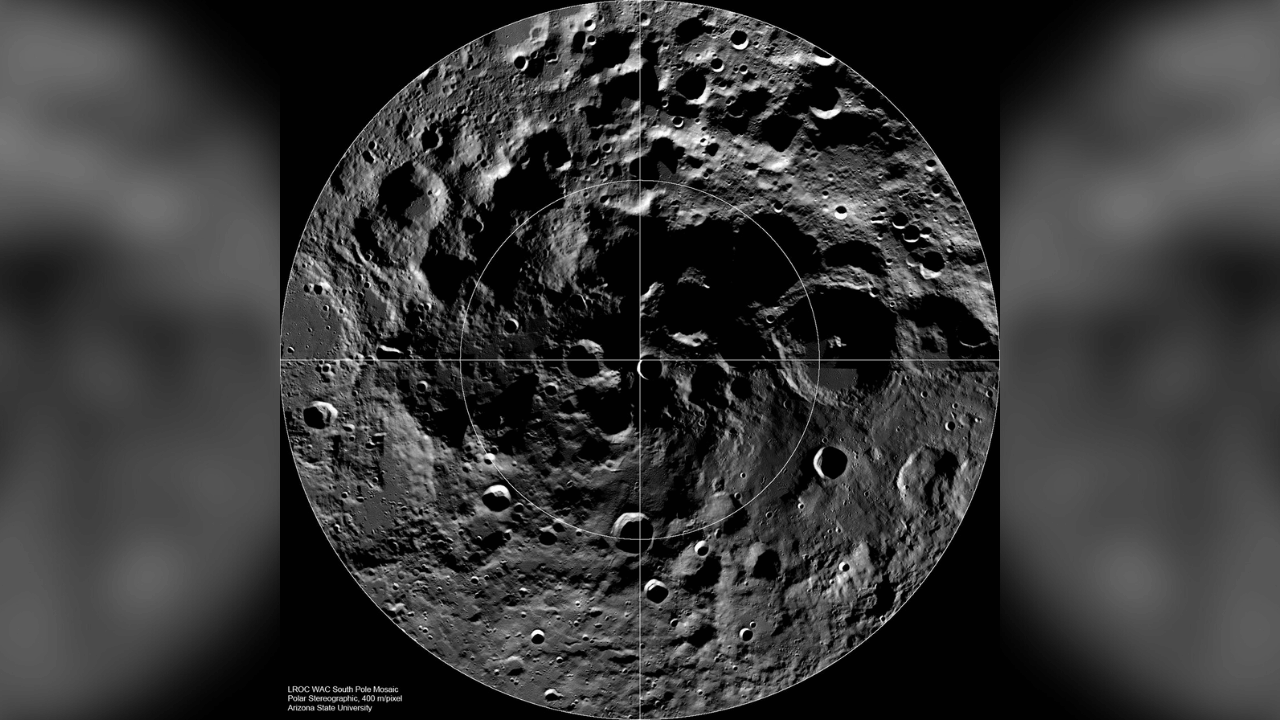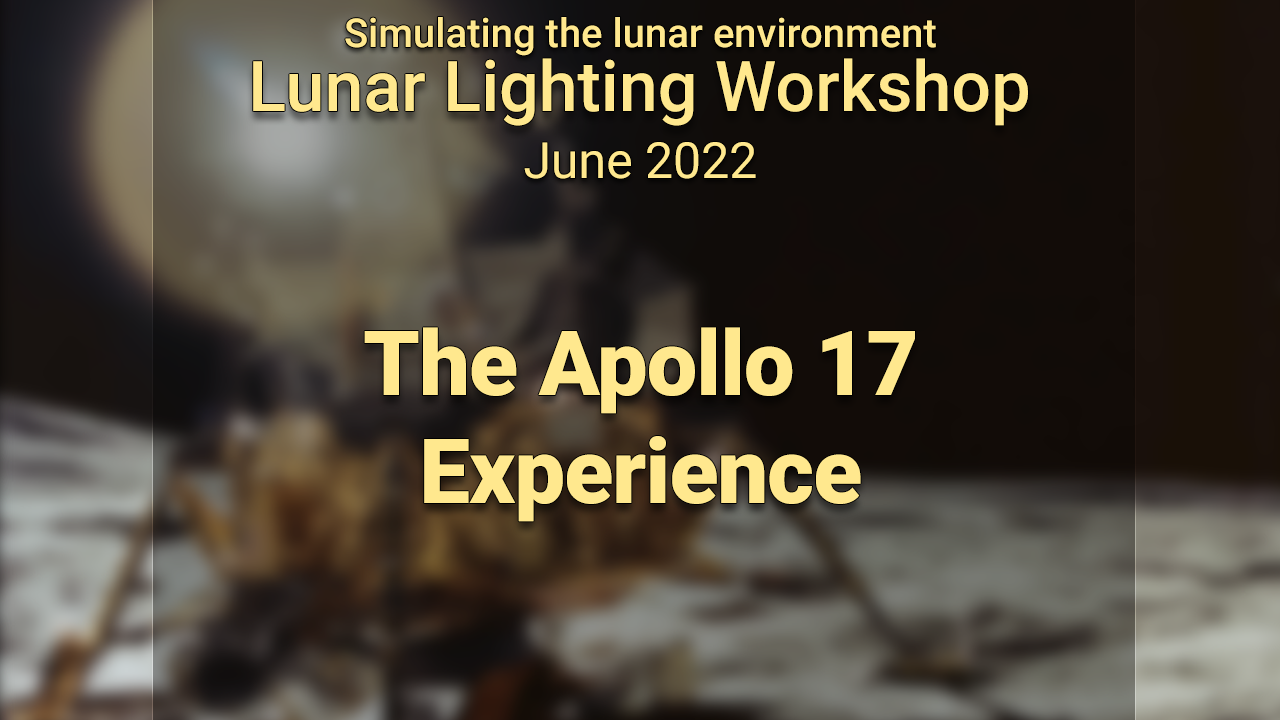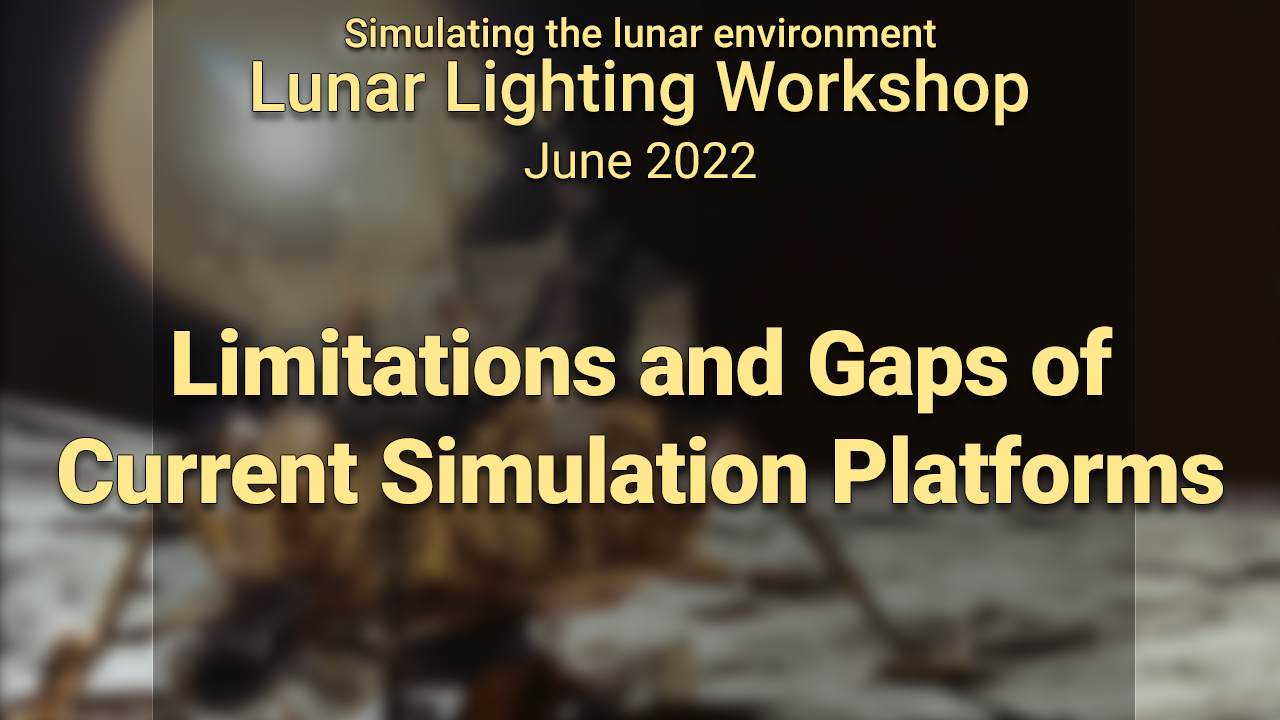Miserable Risk Estimation: "Managing" Low-Probability, High-Consequence Risks"
As with all bold endeavors, NASA missions must identify and manage their risks. While estimating the consequences of these risks is typically straightforward, it can be challenging to estimate their likelihood. This is especially true for low-probability risks, due both to the lack of operational data and the cognitive biases humans bring to risk estimation. In this talk, I will present both a tongue-in-cheek and “Management Science” approach to estimating low-probability, high-consequence risks. I then summon my Human Factors colleagues to provide NASA mission managers with the gentle guidance needed to avoid common errors in risk assessment.
About the Speaker:
After 30 years as a research psychologist in the Human Systems Integration Division at NASA Ames Research Center, Mary K. Kaiser now serves as a consultant to the Human Factors Technical Discipline Team of the NASA Engineering & Safety Center. Mary received her Ph.D. in psychology from the University of Virginia, and was a postdoctoral fellow at the University of Michigan in applied experimental psychology before joining Ames in 1985.
The author of over sixty articles and chapters on perceptual psychology and human factors and a Fellow of the Association for Psychological Science, Mary also served as an associate editor of the Journal of Experimental Psychology: Human Perception and Performance (1998 – 2009) and as Project Scientist for NASA’s Space Human Factors Engineering Project (2009 – 2013). She holds two patents for innovative display technologies.
Mary lives with her husband, Franz, near Portland, Oregon. Their two sons had the audacity to grow up and move out of the house.



